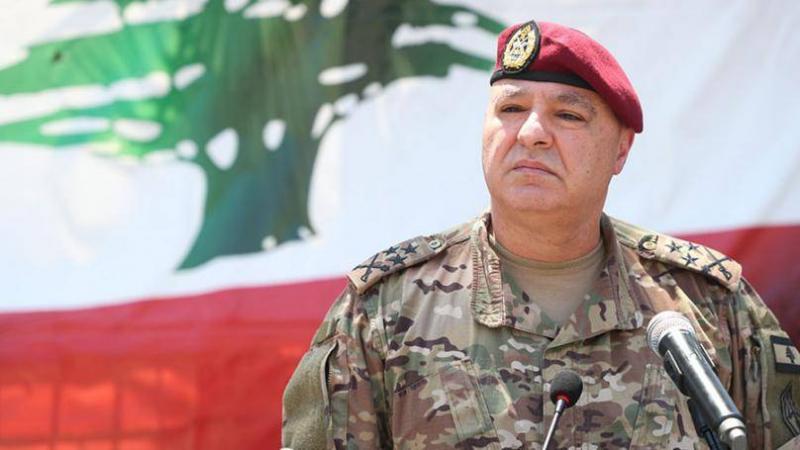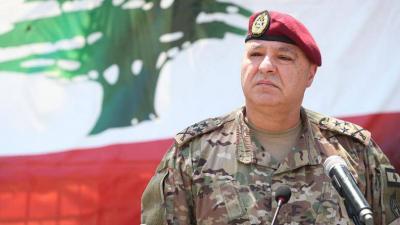The equation of speaking in silver and silence in gold is no longer desirable; it has become a national obligation to clarify matters and set limits for everyone, based on the principle of rejecting some political forces' adoption of Army Commander General Joseph Aoun's candidacy, on the grounds of not continuing this "trait" that facilitates military personnel's access to the presidency. It is true that the head of the Lebanese Forces executive body, Samir Geagea, linked his openness to the Army Commander to the extent of the latter's chances, which he hoped would be good. However, this statement raised the eyebrows of many, particularly those loyal to him and close to him, who classify the Army Commander as a natural candidate for the presidency.
Unless Geagea's intention in raising this issue is merely to "stir the pot," as some say, by sending messages that may concern the head of the Free Patriotic Movement, Gebran Bassil, more than anyone else, and this is the crux of the matter due to the deep conflict between Joseph Aoun and the latter. Despite all political forces' appreciation for the Army Commander, it is within the role he plays, not outside of it. Past experiences have shown that the hour of presidential truth only arrives in the last quarter of the deadlines and that the Army Commander cannot come to power practically, except through a political settlement that would lead to a constitutional amendment allowing for the election of first-class officials to the presidential seat.
Moreover, what is said about a veto imposed by Hezbollah on him because of his relations with the United States or others is not accurate, even though there are many considerations in this regard. The first of these is the confusion in choosing between his two allies, the head of the Marada Movement, Sleiman Frangieh, and Gebran Bassil.
In clearer terms, electing the Army Commander as president represents a guaranteed step toward exiting the crisis, especially since his election could pull the country out of the axis of conflict or impose a temporary truce among them. However, the paradox, according to whispers from some diplomats, is that France and the Vatican do not oppose Aoun's ascent to the presidency, and there is regional-international-Arab agreement on the Army Commander as the president of Lebanon's third republic, and the settlement is inevitable, sooner or later, with still time left before this file is resolved.
Perhaps the only constant in this entire turmoil is that the Army Commander insists on denying "this ambition," suggesting that most of it is suitable material for cinematic films, but it certainly does not reflect reality. According to what has been conveyed, his only concern is focused on ensuring security and stability, fortifying the military institution, and securing its needs, especially amidst these difficult circumstances. He reportedly has neither the time nor the desire to plan for reaching the presidency.




